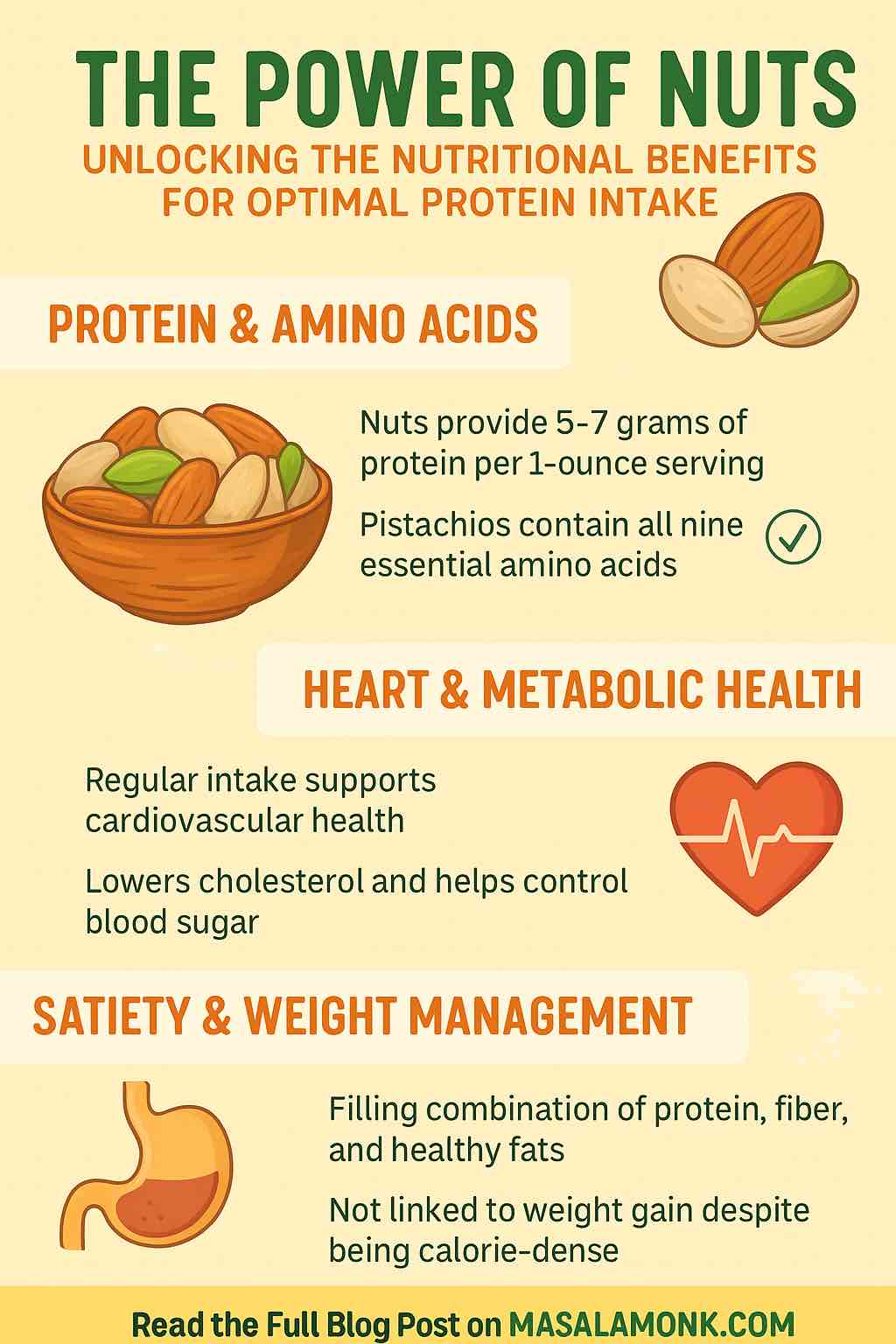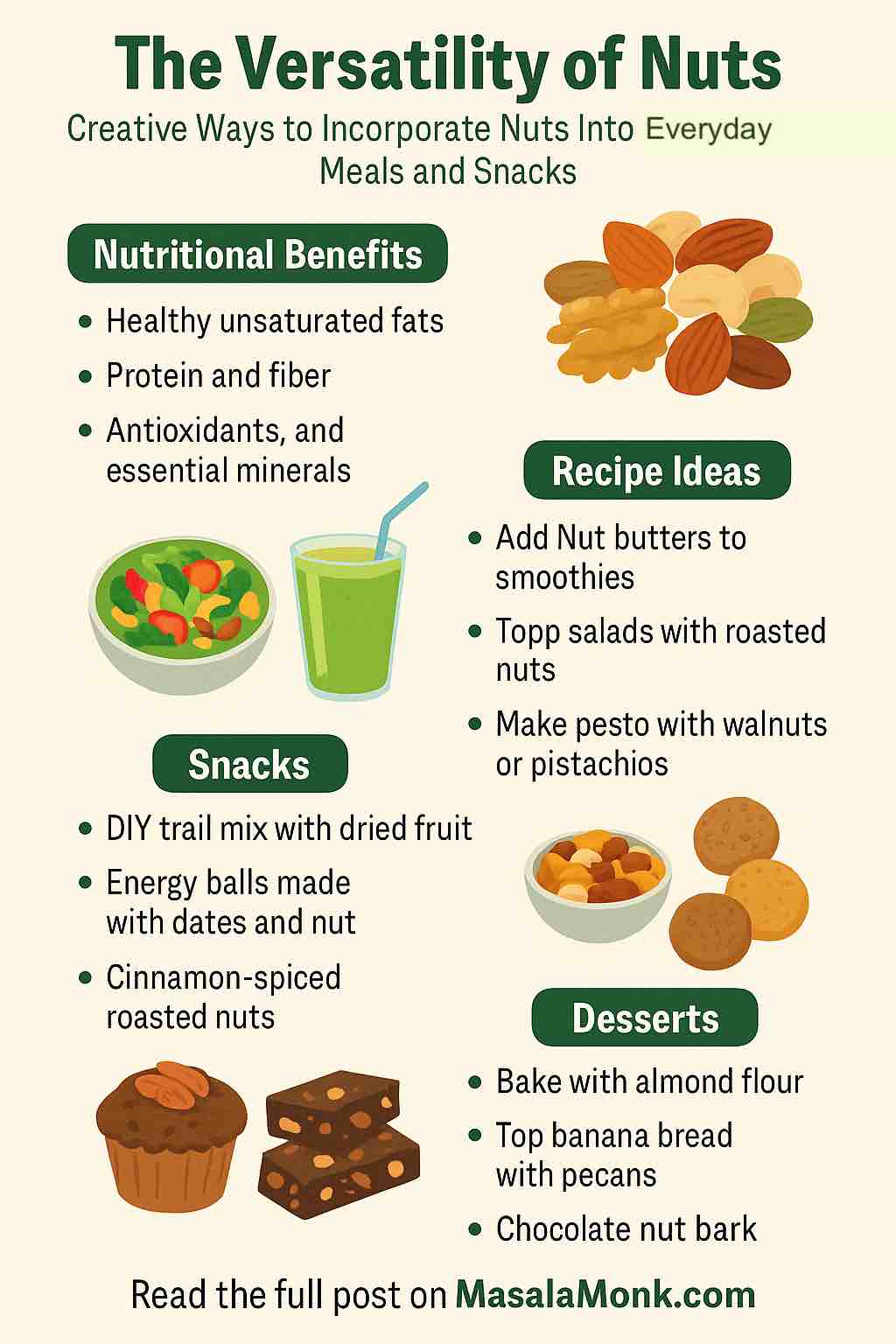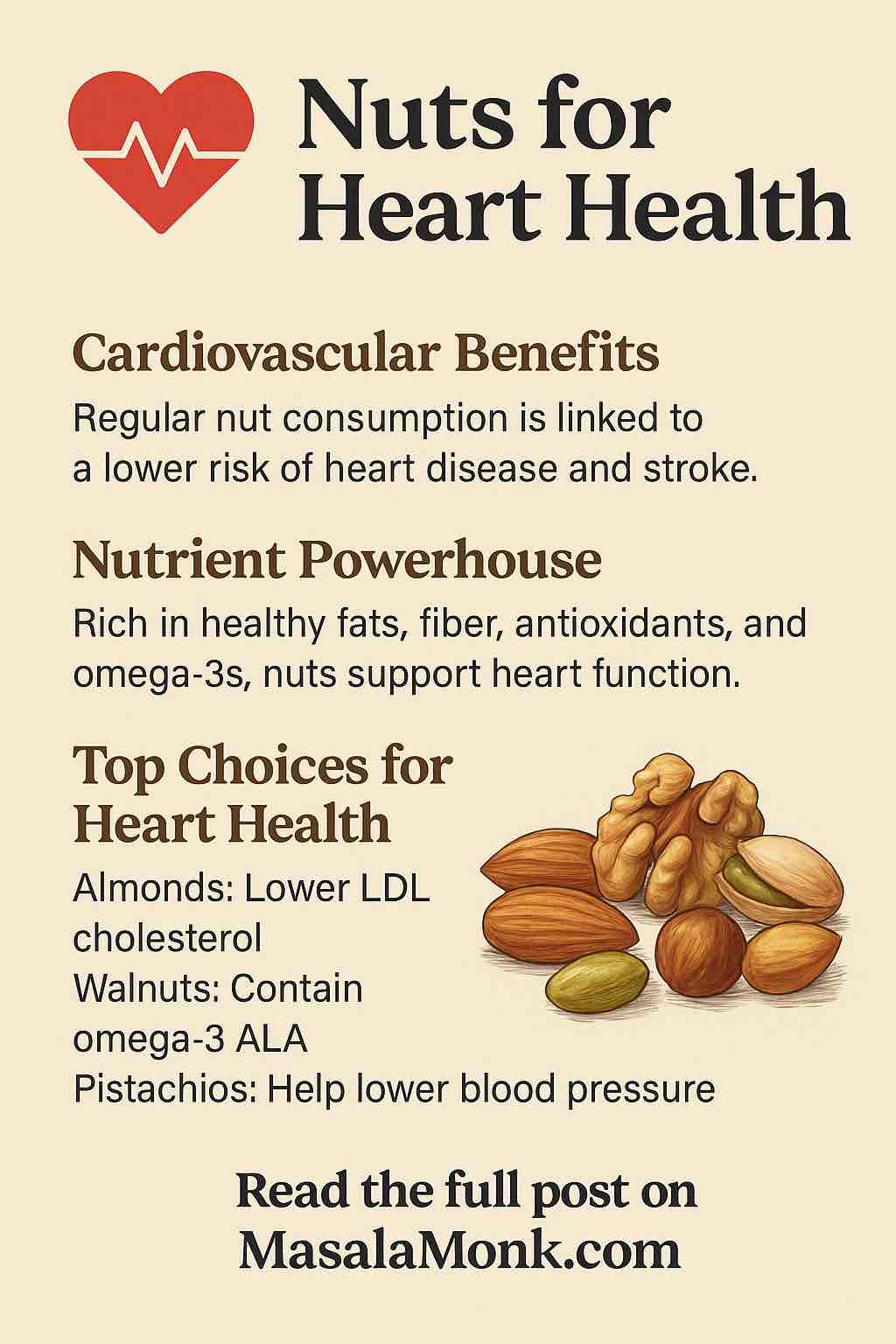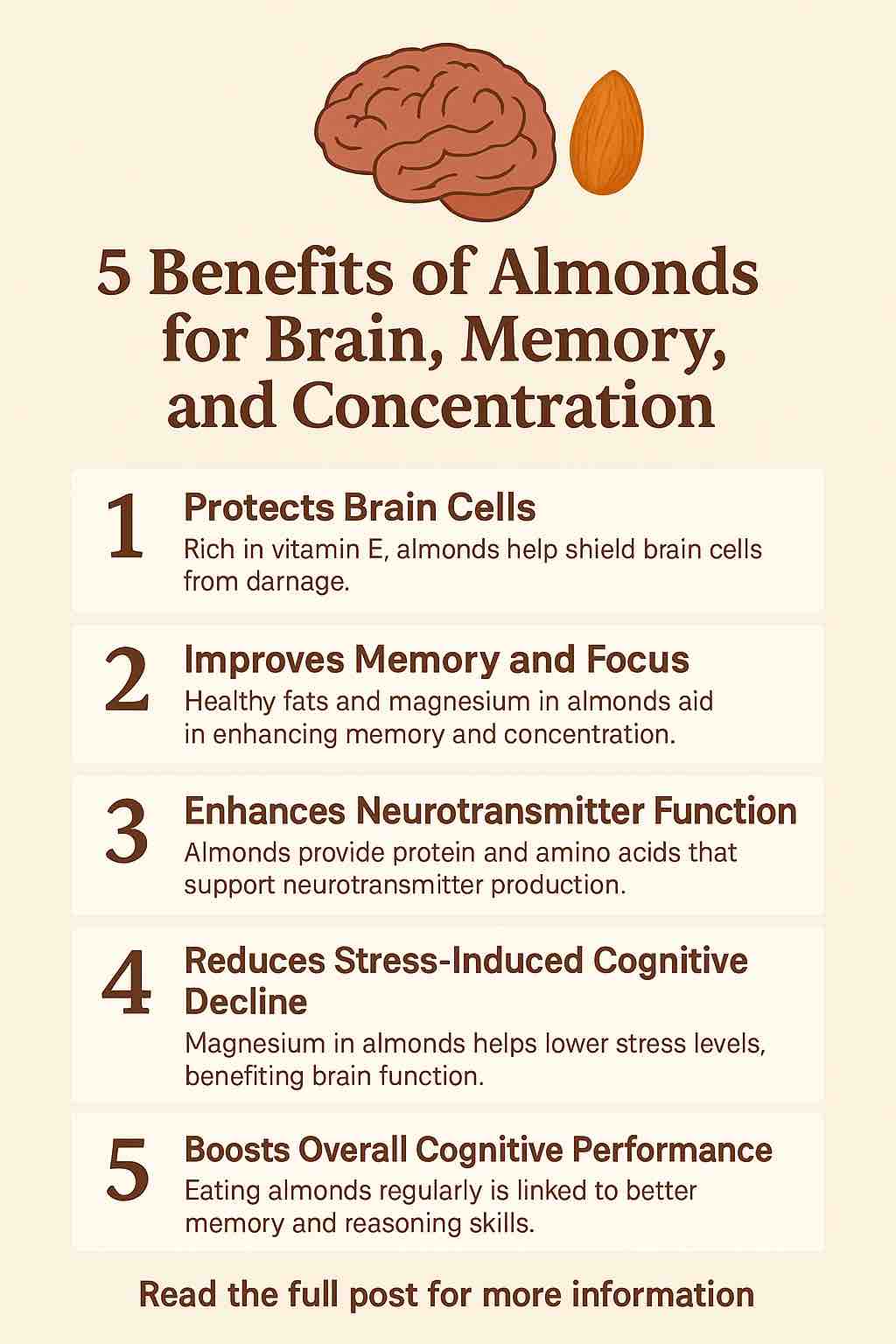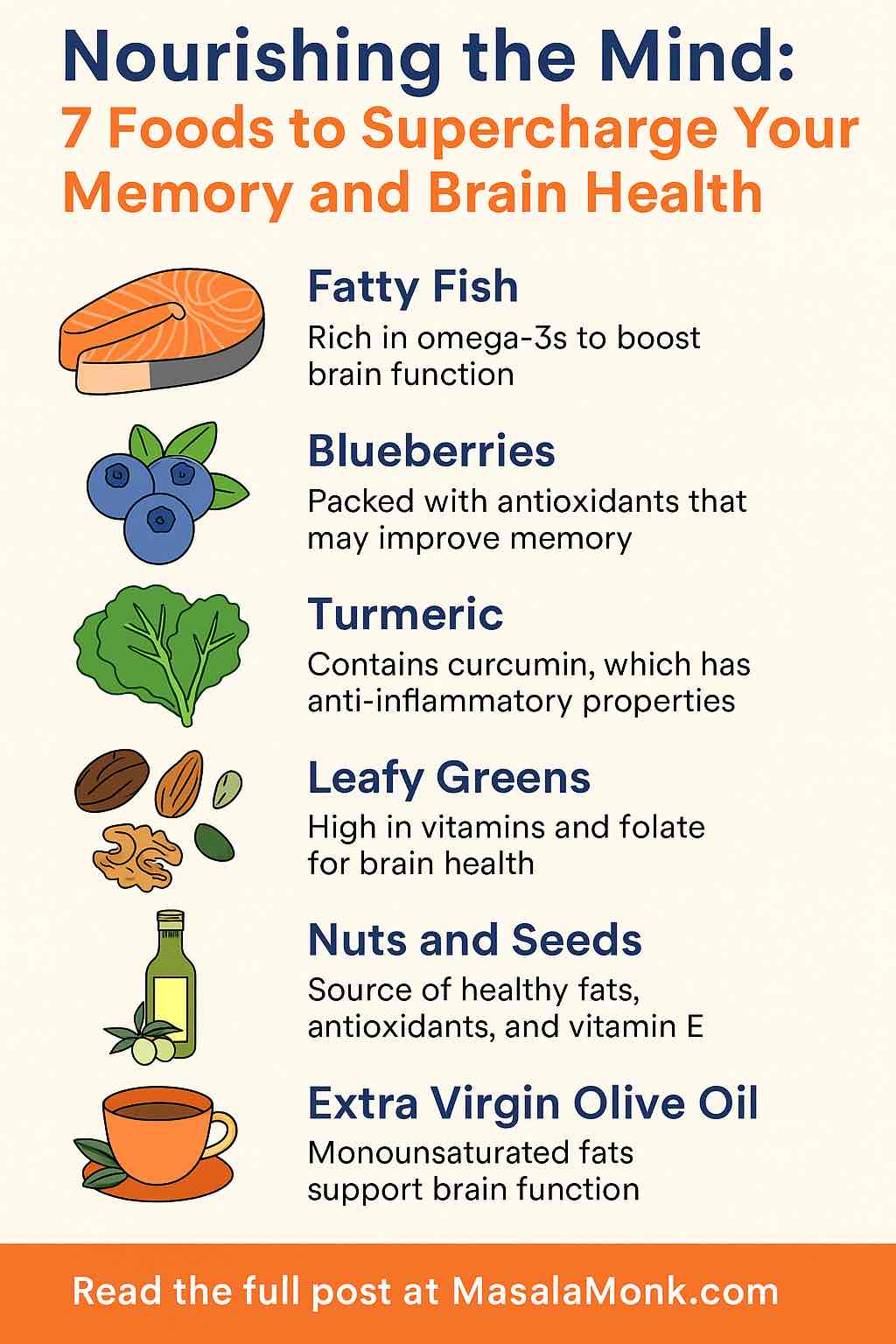
Have you ever forgotten where you left your keys or struggled to recall a name that was on the tip of your tongue?
You’re not alone. In a fast-paced, information-loaded world, keeping our minds sharp is more important—and more possible—than ever. Exciting new research shows that what you eat can profoundly shape how your brain performs, not just now, but for years to come.
Welcome to your guide to nourishing the mind with seven science-backed superfoods that can help supercharge your memory, focus, and overall brain health.
1. Fatty Fish: The Brain’s Favorite Protein
When it comes to brain food, fatty fish like salmon, sardines, and mackerel top every list—and for good reason. These fish are packed with omega-3 fatty acids (especially DHA), critical building blocks for brain cells.
The Latest Science:
Recent meta-analyses and long-term studies show that people who eat omega-3-rich fish at least twice a week enjoy a 20–23% lower risk of dementia and cognitive decline. In clinical trials, omega-3 supplementation (notably DHA) even slowed cognitive aging and improved memory in adults showing early signs of decline.
How to Eat More:
- Grill or bake salmon fillets with lemon and herbs.
- Toss canned sardines into salads or whole-grain pasta.
- Add smoked mackerel to open-faced sandwiches.
Tip: If you’re vegetarian, add ground flaxseeds, chia seeds, or walnuts for ALA, a plant-based omega-3.
2. Blueberries: Tiny Berries, Big Brain Benefits
Don’t let their size fool you—blueberries are a nutritional powerhouse for your brain. Rich in flavonoids and antioxidants, they help fight oxidative stress and inflammation—two key drivers of cognitive decline.
The Latest Science:
A 2024 clinical trial found that just half a cup of blueberries daily for 12 weeks improved memory, planning, and even blood sugar levels. Other studies suggest that regular blueberry consumption can delay short-term memory loss, especially as we age.
How to Eat More:
- Blend into smoothies with spinach and yogurt.
- Sprinkle on oatmeal or Greek yogurt.
- Snack on them fresh or frozen, straight from the bag.
Practical Tip: Rotate with strawberries and blackberries for variety—these offer similar benefits.
3. Turmeric: The Golden Spice for a Golden Mind
Turmeric isn’t just for curries—it’s a brain health booster, thanks to curcumin, a compound that can cross the blood-brain barrier and fight inflammation.
The Latest Science:
A 2024 meta-analysis of 9 clinical trials showed that 0.8g curcumin daily for 6 months significantly improved overall cognition, particularly in older adults. Animal studies also point to enhanced memory and neuroplasticity.
How to Eat More:
- Add to soups, stews, or scrambled eggs.
- Whisk into “golden milk” (turmeric, milk, black pepper, and honey).
- Mix into smoothies or rice dishes.
Pro Tip: For best absorption, combine with black pepper (which contains piperine).
4. Leafy Greens: Nature’s Multivitamin
Think spinach, kale, Swiss chard, and broccoli. These greens deliver lutein, folate, vitamin K, and sulforaphane—nutrients essential for neuron function and fighting brain inflammation.
The Latest Science:
Studies show that people who eat one serving of leafy greens daily have the cognitive ability of someone 11 years younger. They’re a core part of the “MIND” and Mediterranean diets, both proven to reduce cognitive decline by up to 25%.
How to Eat More:
- Sauté spinach with garlic as a side.
- Add chopped kale to soups, pastas, or omelets.
- Use arugula or baby greens as the base for salads.
5. Nuts and Seeds: Crunchy Brain Fuel
Nuts (especially walnuts) and seeds (flax, chia, pumpkin) are loaded with healthy fats, vitamin E, magnesium, and plant polyphenols.
The Latest Science:
Regular nut and seed consumption is linked to improved memory, attention, and even mood. Walnuts are particularly rich in ALA omega-3s, shown to support neuron structure.
How to Eat More:
- Keep a jar of mixed nuts and seeds at your desk.
- Add chia or flaxseeds to smoothies or overnight oats.
- Use almond or walnut butter as a spread for whole-grain toast.
Portion Tip: A handful (about 1 ounce) most days is ideal.
6. Extra Virgin Olive Oil: Liquid Gold for Your Brain
A staple of the Mediterranean diet, extra virgin olive oil is packed with monounsaturated fats and polyphenols that nourish your brain and protect against age-related decline.
The Latest Science:
A 2024 JAMA study found that daily olive oil use reduced dementia-related deaths by 28%, even in those genetically at risk.
How to Eat More:
- Use as your main cooking oil for sautéing and roasting.
- Drizzle over salads, vegetables, or whole grains.
- Make homemade vinaigrettes with olive oil, lemon, and herbs.
7. Green Tea and Coffee: Sip for Smarts
Both beverages are rich in polyphenols (like catechins in green tea) and moderate caffeine—linked to improved focus, reaction time, and even lower risk of cognitive impairment.
The Latest Science:
Multiple recent studies support 2–3 cups daily for enhanced attention and protection against neurodegenerative diseases.
How to Drink More:
- Enjoy green tea as a mid-morning pick-me-up.
- Savor your coffee mindfully—skip the sugar!
- Try matcha lattes or herbal teas with brain-boosting spices (like turmeric or ginger).
Foods to Limit: Protecting Your Gains
While you’re adding brain-nourishing foods, it’s just as important to cut back on ultra-processed foods and added sugars.
New data shows that every extra 10g of added sugar per day increases Alzheimer’s risk by 1.4%. That’s just two teaspoons!
Practical Tips:
- Swap sugary snacks for fruit, nuts, or dark chocolate.
- Choose whole-grain bread over white.
- Cook more at home to avoid hidden sugars.
Pulling It All Together: Your Practical Brain-Boosting Routine
- Aim for two servings of fatty fish weekly.
- Eat berries daily—add to breakfast or snacks.
- Spice your food with turmeric (plus black pepper).
- Pile your plate with leafy greens—at least one serving a day.
- Grab a handful of nuts or seeds most days.
- Use olive oil as your primary fat.
- Enjoy coffee or tea in moderation.
Sample Brain-Boosting Day
- Breakfast: Greek yogurt with blueberries and walnuts, green tea.
- Lunch: Grilled salmon salad with baby spinach, arugula, olive oil, and pumpkin seeds.
- Snack: Carrot sticks with hummus, a handful of almonds.
- Dinner: Stir-fried broccoli, kale, and tofu with turmeric rice, drizzled with olive oil.
- Dessert: Dark chocolate square and a cup of herbal tea.
Conclusion: Small Choices, Big Impact
The latest research is clear: you have real power to support your memory and protect your brain for years to come—one delicious bite at a time.
Eat smart, stay sharp, and enjoy the journey!
Frequently Asked Questions (FAQs)
1. How quickly can I notice improvements in memory or brain function from these foods?
Answer: Most studies show benefits from regular consumption over 8–12 weeks. Consistency is key—improvements are gradual, not instant.
2. Can supplements replace eating the actual foods?
Answer: Whole foods provide a complex mix of nutrients, fiber, and bioactive compounds. Supplements may help in certain cases (e.g., omega-3 or curcumin with enhanced bioavailability), but are not a substitute for a healthy, varied diet.
3. Are there risks to eating these foods daily?
Answer: For most people, these foods are safe when eaten in reasonable amounts. Watch for allergies (nuts, fish) or dietary restrictions. Excessive curcumin supplements may cause digestive upset or interact with medications.
4. What if I’m vegetarian or vegan?
Answer: Swap fatty fish for plant sources of omega-3s like walnuts, flaxseeds, chia seeds, and algae-based DHA supplements. All other foods on the list are plant-based.
5. How much is a “serving” of these foods?
Answer:
- Fatty fish: 100–120g (3–4 oz) cooked
- Blueberries: ½ cup
- Leafy greens: 1 cup raw or ½ cup cooked
- Nuts/seeds: 1 ounce (a small handful)
- Olive oil: 1–2 tablespoons
- Curcumin: Up to 0.8g from food or standardized supplement (with medical advice)
- Coffee/tea: 1 cup (240ml)
6. Can kids and teens benefit from these foods too?
Answer: Yes! These foods support brain development and lifelong cognitive health. Adjust serving sizes for age and appetite.
7. What’s the best way to add turmeric to my diet for brain health?
Answer: Add to soups, curries, scrambled eggs, or “golden milk.” For best absorption, combine with black pepper and a source of fat.
8. How do I limit sugar and processed foods effectively?
Answer: Start by reducing sugary drinks and snacks, check labels for “added sugars,” and choose whole foods whenever possible. Swap sweet treats for berries or nuts.
9. Is it okay to drink both coffee and green tea daily?
Answer: Yes, as long as total caffeine intake remains moderate (up to 400mg daily for most adults). Both drinks offer brain benefits when unsweetened.
10. Can these foods really prevent dementia or Alzheimer’s?
Answer: No food can guarantee prevention, but consistent intake of these foods (especially within a healthy dietary pattern like the Mediterranean or MIND diet) is associated with significantly reduced risk and slower cognitive decline.

